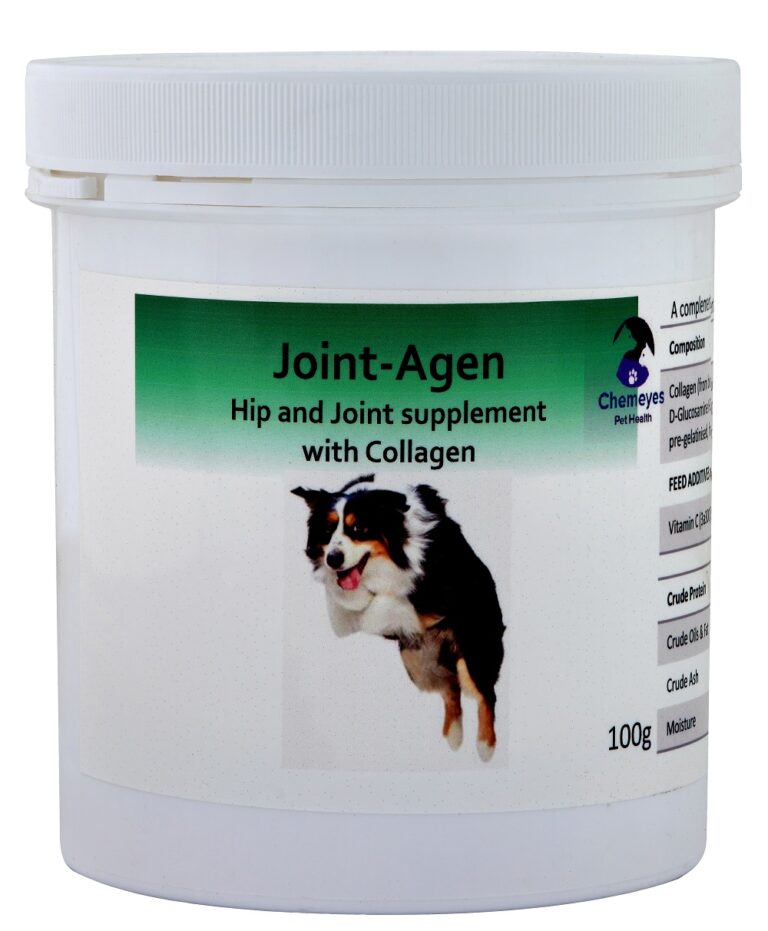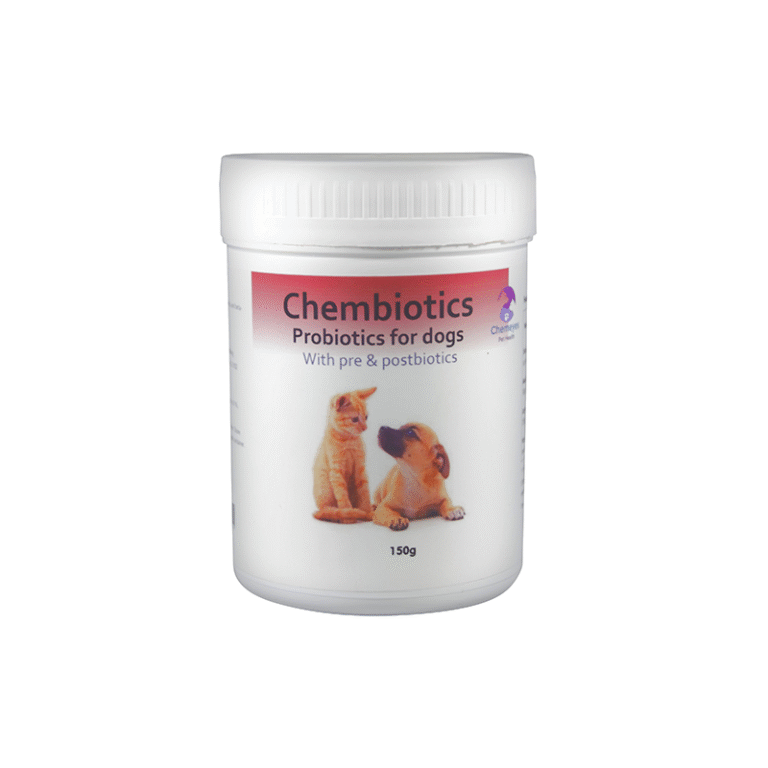Feeding dogs leftovers can be a bad idea
Dogs have a habit of getting into things they shouldn’t: bins, cupboards, kitchen counters, and the list grows. Dogs are very food orientated, so if you have a delicious ham sandwich lying on your dining table unattended, it’s almost certain your dog is going to try and find a way to steal it. With this in mind, there are particular foods that are bad for dogs that they need to avoid. Next time you go to give your dog some leftovers or leave something on the kitchen counter, make sure you know it’s dog-friendly.
Raisins and Grapes
Grapes and raisins are toxic to dogs. Although it’s not known why grapes and raisins are bad for dogs, studies have shown that they can cause kidney failure. Dogs may experience vomiting, diarrhoea, loss of appetite, lethargy, stomach pain, and dehydration if they have consumed grapes or raisins.
Chocolate
Theobromine is a stimulant found in chocolate that is lethal to dogs. Even if a small amount of chocolate is ingested by your dog, it can be fatal. Chocolate generally causes vomiting and diarrhoea in dogs, and can also trigger seizures, muscle tremors, hyperactivity, and heart issues.
Xylitol
Xylitol is an artificial sweetener that is commonly found in sugar-free and diet foods, such as chewing gums, soft drinks, and sweets. Dogs are very intolerant to xylitol, and even a small amount can cause serious health issues, like blood clots and acute liver disease. If your dog has eaten something containing xylitol, it may have vomiting, diarrhoea, drowsiness, and seizures.
Onions
Onions, as well as garlic and chives, can give your dog stomach and gut problems. They can also lead to anaemia and damage to the red blood cells. Onions are the most toxic and symptoms of poisoning may not show until a few days after ingestion. All types of onions are dangerous to dogs, including cooked onions, raw onions, dehydrated onions, and onion powder. You can find traces of onions in premade pasta sauces, pizza, tinned soups, Chinese and Indian foods, and much more.
Alcohol
In addition to being poisonous to humans, alcohol is also poisonous to dogs. However, even a tiny drop of alcohol can be fatal. Signs your dog has consumed alcohol can include vomiting, diarrhoea, difficulty breathing, tremors, poor coordination, coma, and in extreme cases, death.
Corn on the Cob
Corn seems like a good treat to give your dog, but it’s better to avoid. It does not digest well (like in humans!) and can cause intestinal obstruction in dogs. Medium and small dogs are generally the most at risk for intestinal obstruction. If your dog is experiencing issues after eating corn on the cob, then vomiting, stomach pain, difficulty going to the toilet, whimpering, and restlessness are typical symptoms.
Blue Cheese
It is best to avoid feeding dogs any kind of food containing lactose as dogs can have difficulty digesting them. Blue cheeses are the worst culprit and should never be given to your dog.
Cheeses like Roquefort and Stilton can contain something called roquefortine C. This substance is very dangerous to dogs and can cause vomiting, diarrhoea, fevers, seizures, tremors, and twitching.
Bones
Bones can be dangerous for dogs. Cooked bones are more likely to splinter and cause intestinal issues. Supervision is necessary if you want to give your dog a bone as they could choke on them or develop internal blockages. Dogs could also damage their gums and teeth if the bone is too hard and brittle.
If you do feed your dogs leftovers and you suspect your dog has ingested any of these foods, it is vital to get immediate veterinary advice on how to proceed.




